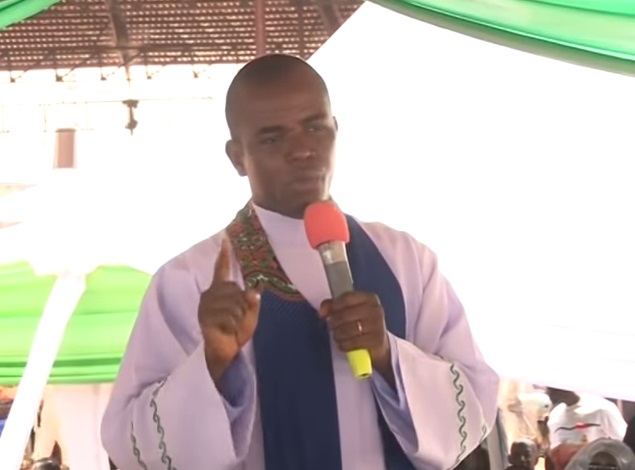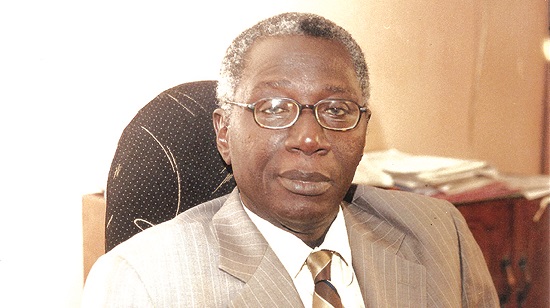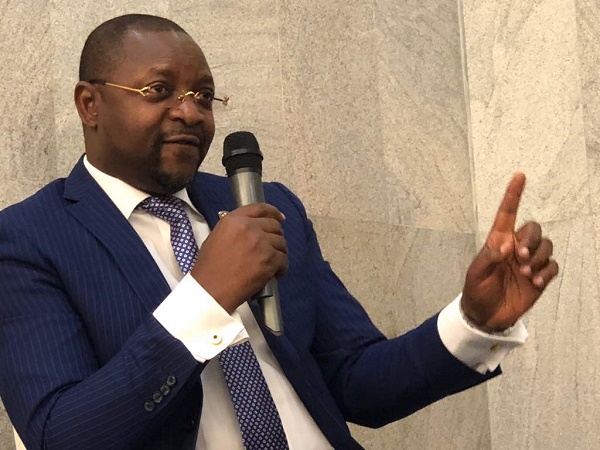The Human and Environmental Development Agenda (HEDA) says the Public Complaints and Anti-Corruption Commission Bill (2021) recently signed into law by Babajide Sanwo-Olu, governor of Lagos state, is unconstitutional.
The new law establishes an anti-corruption agency with “exclusive” rights to probe cases of corruption that have to do with the state.
This nascent agency will take over cases relating to Lagos from agencies like the Economic and Financial Crimes Commission (EFCC) and the Independent Corrupt Practices and Other Related Offences Commission (ICPC).
The news stirred criticism on social media as some Nigerians questioned the motive of the law.
Advertisement
In a statement on Friday by Olanrewaju Suraju, HEDA chairman, the CSO said some sections of the new law contradict the Nigerian constitution.
“It is even unconstitutional by virtue of Section 4(5) of the 1999 Constitution of the Federal Republic of Nigeria (as amended) for Lagos state to enact such law to empower a commission to take over cases from the federal anti-corruption agencies when the agencies are established by an Act of the National Assembly for a purpose which ordinarily covers the field,” it said.
“Such taking over can only be valid based on mutual consent between the agencies in accordance with the provision of the Act establishing the Federal Agency, not in accordance with the State law.
Advertisement
“It is upsetting to realise the bill, passed without public hearing by the state assembly, was eventually signed into law, that it was just a Trojan horse, an attempt to crookedly weaken the fight against corruption, rather than complement it.
HEDA kicked against section 13(5) of the Lagos law which gives the state exclusive power to “investigate corruption and financial crimes cases involving the finances and assets of the state government”.
“Arrogating such exclusive power to its own agency is a blunt expression of lack of shame, dignity and integrity by the Lagos state government and the Lagos house of assembly,” the group said.
“Even the federal agencies established by Acts of the National Assembly are never arrogated such exclusive powers.
Advertisement
“This means that while Lagos is dependent on federal allocation, it wants to be independent of federal investigation, what a fallacy! Whereas the Lagos government which wants to be independent of the federal government has crippled and pocketed its own local government and usurped operations of the councils.”
HEDA expressed worry that “the Lagos state political class might have just found a way to frustrate the fight against corruption as the Lagos politicians involved in high profile corruption cases may now have to go to court to stop EFCC and other agencies from investigating them since the new Lagos commission would likely have been investigating them also”.
“Rather than focusing on the substantive corruption cases, EFCC and other anti-graft agencies may now have to deal with resolving the legal battle of jurisdiction over the cases,” it said.
“This will frustrate the fight against corruption as many of the politicians will spend years enjoying and laundering proceeds of corruption, thereby making illegal wealth difficult to trace and perpetrators difficult to prosecute.”
Advertisement
The CSO asked the Lagos state house of assembly to “immediately review and amend this law and ensure to get the inputs of citizens and civil society if it indeed intends to enact a law in the interest of the people”.
Gbenga Omotosho, Lagos commissioner for information, on Tuesday, said the law was not enacted to protect any personality, but to enforce accountability on anyone dealing with the state’s funds.
Advertisement
Add a comment






